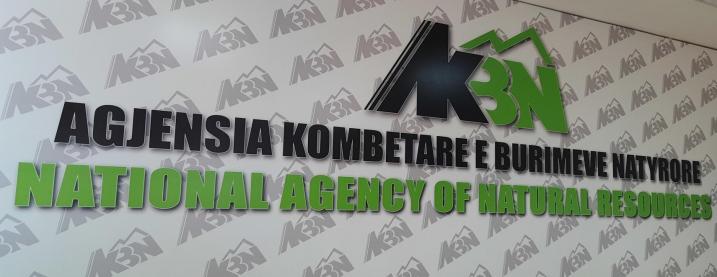The first part of the event introduced to the Albanian and foreign stakeholders the recently developed Guidelines for Mine Closure Programme in Albania and Serbia. The study was developed with the aim to identify principle-based guidelines for designing and implementing a programme for an efficient, safe, and environmentally conscious mine closure in Albania and Serbia. It offers a theoretical background for actions allowing to reclaim the mined land and mitigate hazards so that it becomes suitable for repurposing and sustainable development. The document provides directions on how both beneficiary countries can improve their national capacities to close coal mines in a manner that ensures that at the end of the process the sites are safe for the environment and population and that the reclaimed grounds are ready for further use unrelated to coal mining.
The second part of the meeting was dedicated to the Assessment of the Geothermal Resources of Albania. The report indicates that utilizing these resources in Albania is cost-effective and can aid in diversifying energy sources, enhancing living standards, and addressing environmental concerns. It also advises to adhere to the United Nations Framework Classification for Resources (UNFC) and the United Nations Resource Management System (UNRMS) guidelines to establish suitable geological models of geothermal aquifers, and to perform comprehensive assessments to evaluate their potential for further development. In addition, the study highlights that conducting Environmental and Social Impact Assessment (ESIA) studies and consulting with stakeholders is crucial for the project’s socio-economic feasibility. The document concludes that to further advance geothermal utilization in Albania, efforts can be made to improve capacity, transfer technology, and disseminate knowledge.
The findings and recommendations from both reports were presented and discussed with the local experts and decision makers, giving a particular attention to obstacles to and opportunities for their implementation.
The last part of the workshop provided participants with an opportunity for brainstorming on how UNECE can best help Albania and its other member States in their quest for transitioning its post-coal mining areas in accordance with the principles of green economy and just transition and ensuring a sustainable use of its natural resources. A new potential project on Mapping Albania’s Readiness for Green and Just Transition in Post-Coal Mining Areas was discussed. Through an open discussion involving all stakeholders, participants tried to identify what actions should be undertaken to implement that project in the most effective way, so that it gives Albania the necessary impetus for the needed change towards green and just transition of the post-coal mining areas. Participants from other countries in the UNECE region also benefited from the discussion, as it allowed them to identify and familiarize themselves with solutions and strategies that could be applicable to their respective domestic conditions.
The workshop was held in English and it was delivered in a hybrid format: in person at the premises of the National Agency of Natural Resources of Albania (AKBN) with the possibility to connect online. It was intended for experts and decision makers from Albania, Serbia, and other countries interested in coal mine closure, post-coal mining land reclamation and repurposing, assessment of the local potential for development of geothermal energy, and just transition of the energy sector.


